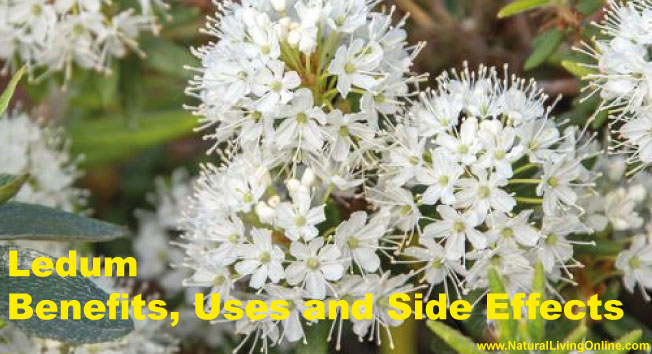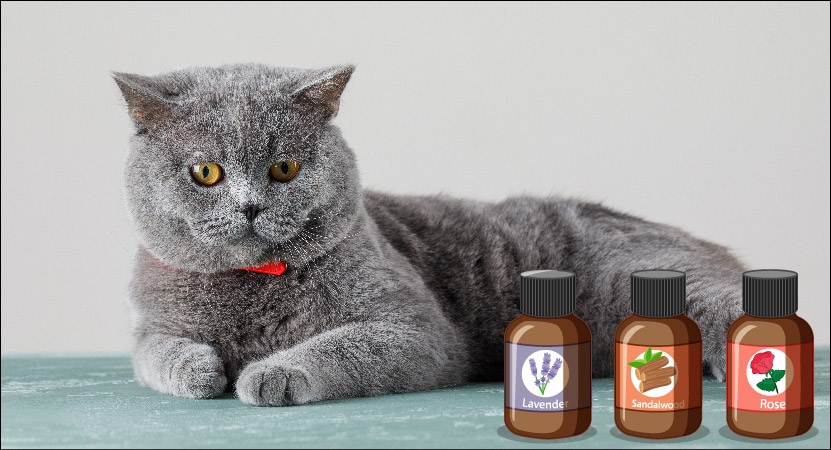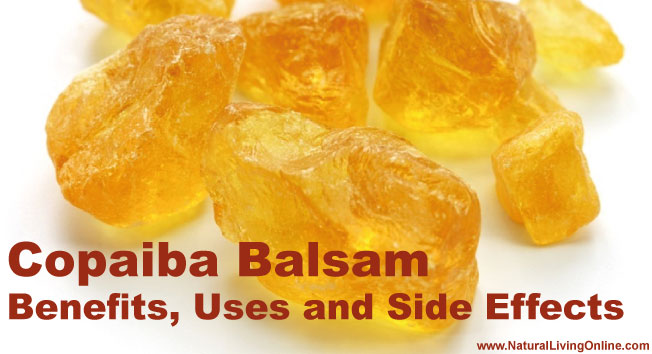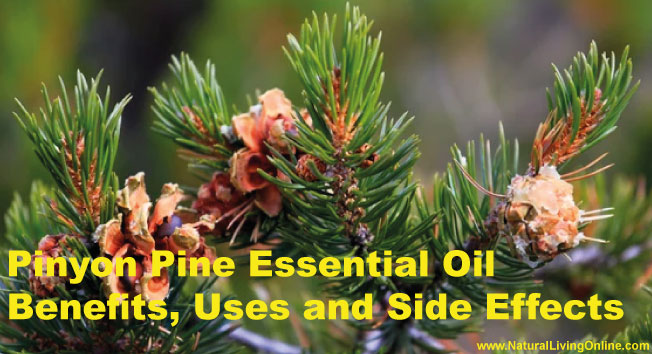Ledum is a perennial herb that grows in cool, damp areas in the northern hemisphere. The oil is extracted from the leaves and flowers of the plant. Ledum essential oil has a strong, woody scent and is used in aromatherapy for its grounding and calming properties. It is also used topically for its anti-inflammatory and analgesic (pain-relieving) effects.
Essential Oil Profile / Monograph
Botanical Name: Ledum groenlandicum
Common Names: Ledum, wild rosemary, marsh tea
Plant Family: Ericaceae
Countries of origin: Canada, Greenland, Iceland, Scandinavia, Russia
Extraction Method: Steam distillation
Parts Used: Leaves and flowers
Essential Oil smell: Woody, camphoraceous
Essential Oil Color: Pale yellow to greenish
Viscosity: Thin
Perfumery Note: Base
Strength of Aroma: Medium
Blends Well With: Cypress, juniper berry, pine, rosemary, vetiver
Therapeutic Properties: Analgesic, anti-inflammatory, antibacterial, antimicrobial, antispasmodic, astringent, decongestant, deodorant, diuretic, expectorant, fungicidal, insecticidal, sedative
Uses: Arthritis, bronchitis, colds, flu, muscle aches and pains, rheumatism, skin conditions such as eczema and psoriasis
Contraindications: Ledum is generally considered safe for most people when used as directed. However, it should be used with caution in people with sensitive skin or allergies, as it may cause irritation. It should also be avoided during pregnancy.
Side Effects: Ledum may cause skin irritation in some people. If this occurs, discontinue use and consult a healthcare professional. If ingested, Ledum can be toxic and should be avoided. If you are pregnant or breastfeeding, consult a healthcare professional before using this essential oil.
Types: There are two main types of Ledum essential oil: Ledum palustre and Ledum groenlandicum. Both oils are extracted from the leaves and flowers of the plant using steam distillation.
Ledum Palustre: Ledum palustre is also known as wild rosemary or marsh tea. It is a perennial herb that grows in cool, damp areas in the northern hemisphere. The oil is extracted from the leaves and flowers of the plant. Ledum palustre has a strong, woody scent and is used in aromatherapy for its grounding and calming properties. It is also used topically for its anti-inflammatory and analgesic (pain-relieving) effects.
Ledum Groenlandicum: Ledum groenlandicum is a perennial herb that grows in cool, damp areas in the northern hemisphere. The oil is extracted from the leaves and flowers of the plant. Ledum groenlandicum has a strong, woody scent and is used in aromatherapy for its grounding and calming properties. It is also used topically for its anti-inflammatory and analgesic (pain-relieving) effects.
The two oils are very similar in their properties and uses. Ledum palustre oil is more widely available, but Ledum groenlandicum oil may be easier to find in some areas.
Chemical Constituents:
Ledum groenlandicum: a-pinene (3-9%), limonene (3-8%), myrcene (<1%), a-terpinene (2-5%), terpinolene (0.5-2%), linalool (1.5-4%), 1,8-cineole (1.5-4%), camphene (2-6%), a-terpineol (0.5-2%), aromadendrene (0.5-3%), α-humulene (<1%), β-caryophyllene (<1%), ledol (1.5-3%)
Ledum palustre: a-pinene (8-15%), myrcene (<1%), limonene (<1%), 1,8-cineole (<1%), linalool (0.5-2%), a-terpinolene (0.5-2%), terpinolene (0.5-2%), α-terpineol (0.5-2%), aromadendrene (0.5-3%), ledol (1.5-3%)
Frequently Asked Questions
What is Ledum?
Ledum is a genus of flowering plants in the family Ericaceae. There are two main species of Ledum: Ledum palustre and Ledum groenlandicum. Both plants are native to the northern hemisphere and grow in cool, damp areas such as marshes and bogs. The oils are extracted from the leaves and flowers of the plant using steam distillation.
What are the benefits of Ledum Essential Oil?
Ledum essential oil is high in a-pinene, 1,8-cineole, linalool, and ledol. These compounds give Ledum its woody, camphoraceous scent and contribute to its therapeutic properties. Ledum essential oil is used to treat arthritis, bronchitis, colds, flu, muscle aches and pains, rheumatism, and skin conditions such as eczema and psoriasis. It is also used as a natural insecticide.
What are ways to use Ledum Essential Oil?
There are many ways to use Ledum essential oil. It can be used internally, topically, or diffused into the air. It can also be added to bathwater or used in a massage oil.
How can I use Ledum Essential Oil internally?
Ledum essential oil should not be used internally, especially without the consent of a doctor.
How can I use Ledum Essential Oil topically?
Ledum essential oil can be applied topically, but it should always be diluted first. The general rule of thumb is to add 3-5 drops of essential oil to 1 ounce of carrier oil. Carrier oils include olive oil, jojoba oil, almond oil, and fractionated coconut oil.
Diffuser blends for aromatherapy with Ledum Essential Oil:
1. Energizing: 3 drops of grapefruit, 2 drops of rosemary, 1 drop of ledum
2. Uplifting: 3 drops of bergamot, 2 drops of orange, 1 drop of ledum
3. Relaxing: 3 drops of lavender, 2 drops of chamomile, 1 drop of ledum
4. Purifying: 3 drops of lemon, 2 drops of rosemary, 1 drop of ledum
5. Invigorating: 3 drops of peppermint, 2 drops of rosemary, 1 drop of ledum
6. calming: 3 drops of lavender, 2 drops of chamomile, 1 drop of ledum
7. Releasing: 3 drops of bergamot, 2 drops of grapefruit, 1 drop of ledum
How can I use Ledum Essential Oil in bath?
To use Ledum essential oil in the bath, add 3-5 drops of oil to a dispersant such as milk, honey, or soap flakes. Then add this mixture to running water and enjoy your relaxing bath!
Historical use of Ledum as a herbal medicine:
Ledum has been used medicinally for centuries. The first recorded use of Ledum as a medicine was in the 1st century AD by Pliny the Elder. He prescribed it for wounds and bites. In the Middle Ages, Ledum was used to treat rabies. Today, Ledum is still used to treat arthritis, bronchitis, colds, flu, muscle aches and pains, rheumatism, and skin conditions such as eczema and psoriasis.
Is Ledum Essential Oil safe for kids?
Yes, Ledum essential oil is considered safe for children when used properly. For children 2-6 years old, use 1-2 drops of essential oil per ounce of liquid. For children 6-12 years old, use 2-3 drops of essential oil per ounce of liquid.
Is Ledum Essential Oil safe for pets?
Yes, Ledum essential oil is considered safe for pets when used properly. For dogs and cats, the general rule of thumb is to add 3-5 drops of essential oil to 1 ounce of carrier oil. Carrier oils include olive oil, jojoba oil, almond oil, and fractionated coconut oil.
DIY recipes using Ledum Essential Oil:
1. Ledum Essential Oil Bath Salts: ½ cup of Epsom salt, ¼ cup of baking soda, 10 drops of ledum essential oil
2. Ledum Essential Oil Massage Oil: 1 ounce of carrier oil, 3-5 drops of ledum essential oil
3. Ledum Essential Oil Diffuser Blend: 3 drops of bergamot, 2 drops of orange, 1 drop of ledum essential oil
4. Ledum Essential Oil Room Spray: 2 ounces of distilled water, 10 drops of ledum essential oil
5. Ledum Essential Oil Soap: 1 cup of castile soap, 10 drops of ledum essential oil
References:
This website does not provide medical advice.
All information provided on this website, and on associated social media networks, including but not limited to texts, images, and numbers are for general information purpose only. It is not intended as medical advice and it does not include all possible precautions, side effects, or interactions that may occur. Neither NaturalLivingOnline.com nor its author/founder take responsibility for how you use this information. Statements contained on NaturalLivingOnline.com have not been evaluated by the FDA. You should conduct thorough research via multiple sources and consult your physician or qualified doctor before using any essential oil or herbal remedy. Information on NaturalLivingOnline.com must not be relied upon for medical, legal, financial or other decisions.













